Training
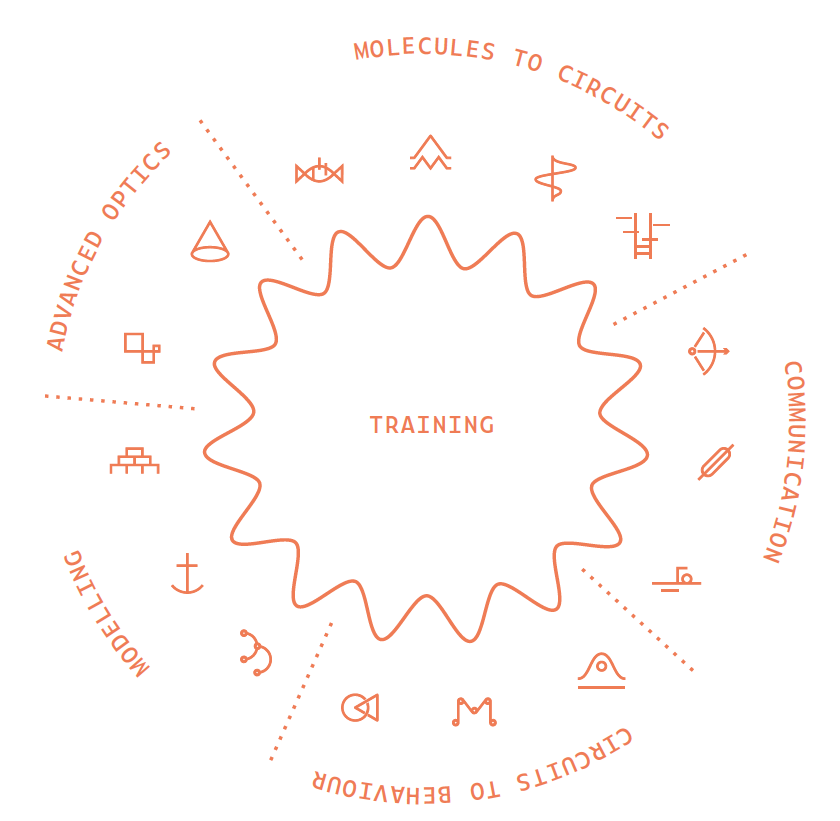
The ZENITH PhD programme will provide exceptional multi-disciplinary training for the next generation of neuroscientists.
New technologies are now allowing scientists to study activity and connectivity across the entire brain and producing huge and complex datasets that were hard to imagine even ten years ago. Therefore, a novel approach to training is needed so that young scientists gain the diverse skills and knowledge needed to collect and interpret such data. In the past, most graduate students have tended to train in a single lab where they have worked on a specialised project using a specific experimental approach. However, collaborations between biologists, physicists, chemists and mathematicians with distinct technologies and different perspectives, often lead to breakthroughs in understanding complex biological systems. ZENITH graduate students will benefit from:
-
Specialised training in at least two different labs with distinct expertise.
-
Workshops on genetics & anatomy, behaviour & modelling, optics & imaging
-
Symposia where students meet to present and discuss their own data
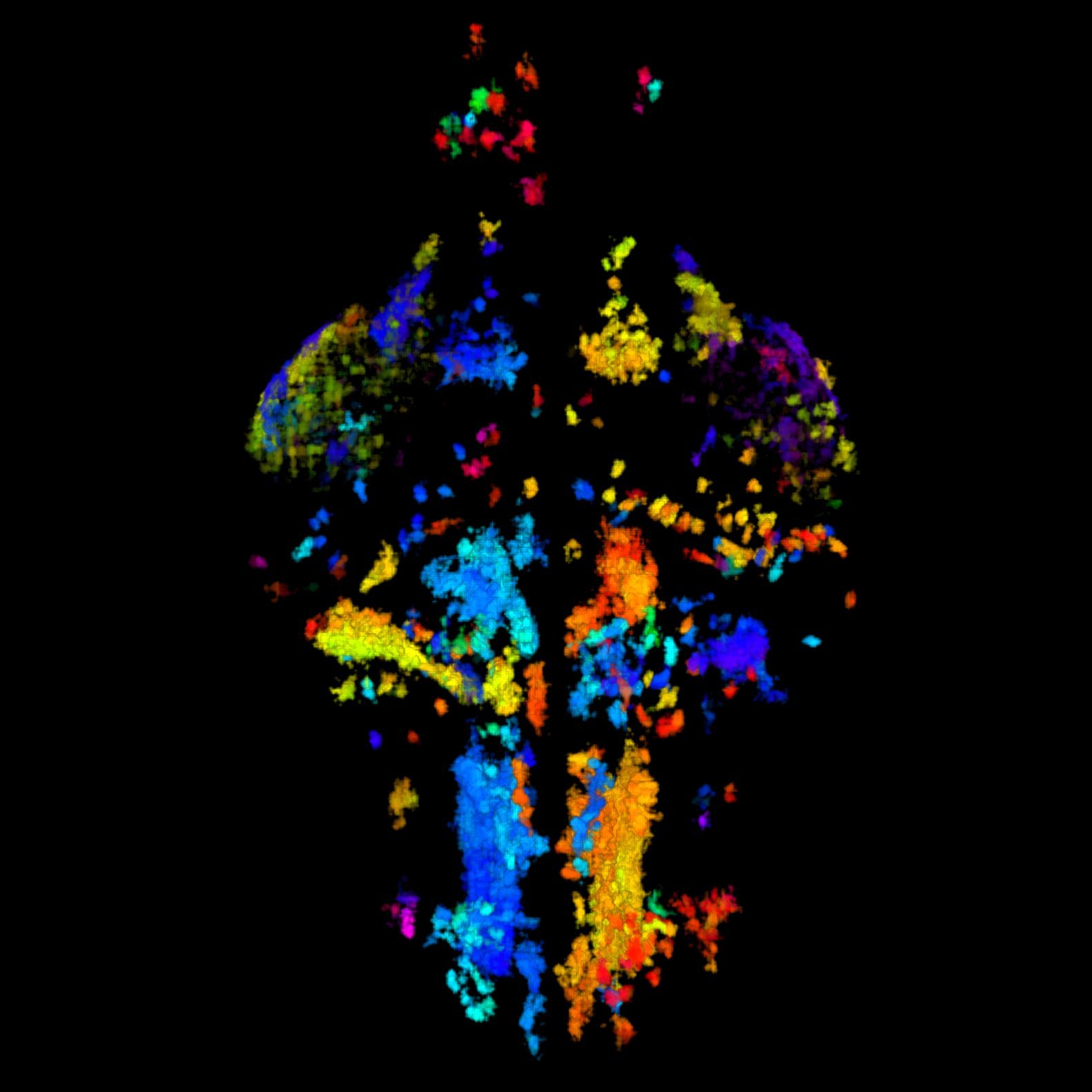
The ZENITH programme will equip graduate students for careers within and beyond academia. The major training goals of ZENITH are:
• Aim 1. Provide interdisciplinary training: ZENITH PhD students will undertake research projects that incorporate periods of exchange between at least two academic labs to draw upon the consortium’s expertise in genetics, functional imaging, electrophysiology, optogenetics, behaviour, modelling and technology development. In addition, they will benefit from innovative training workshops organised by the ZENITH network.
• Aim 2. Highlight the multiscale nature of neural circuit function: Students will gain familiarity with scale-bridging approaches from molecules to cells to networks to behaviour.
• Aim 3. Emphasize the need to integrate raw data into analytical frameworks: Students will be versed in the use of modelling to interpret their results and guide further experimentation.
• Aim 4. Reinforce transferable skills related to intellectual property, ethics and scientific communication: Students will be able to draw upon the expertise of the ZENITH network and commercial partners and invited experts at symposia and workshops.
• Aim 5. Introduce young researchers to diverse career opportunities: Students will have access to large academic networks as well as training opportunities with commercial partners.
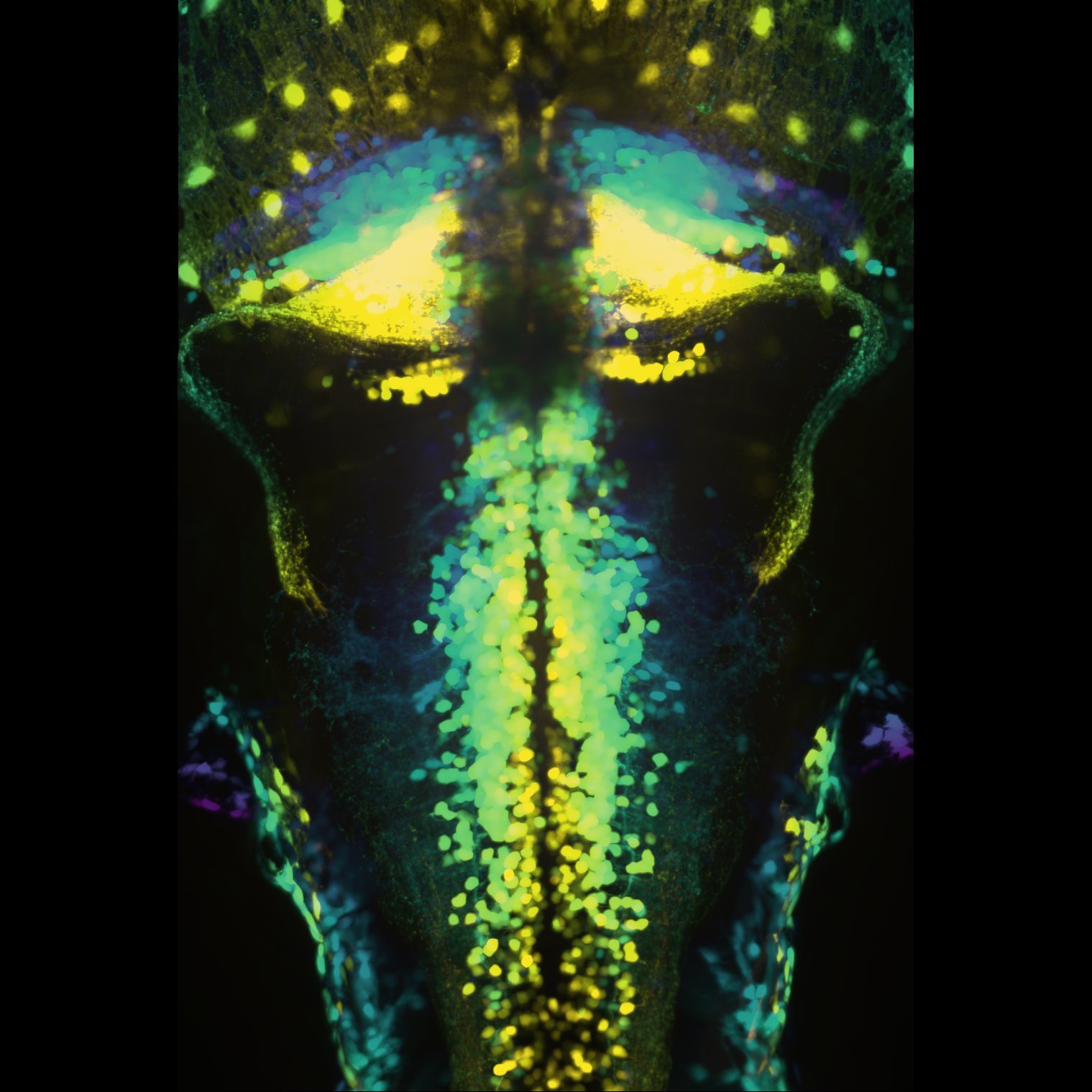
Training workshops:
Bespoke workshops will provide advanced, hands-on training in specialised experimental and analytical techniques central to the ZENITH research projects. Topics will include molecular genetics and neuroanatomical techniques, advanced optics (including holographic light patterning and light-sheet imaging), data analysis and computational modelling, experimental design and statistics. Workshops will be taught by the ZENITH faculty together with invited international experts and will include both theoretical background and practical training ‘at the bench’.
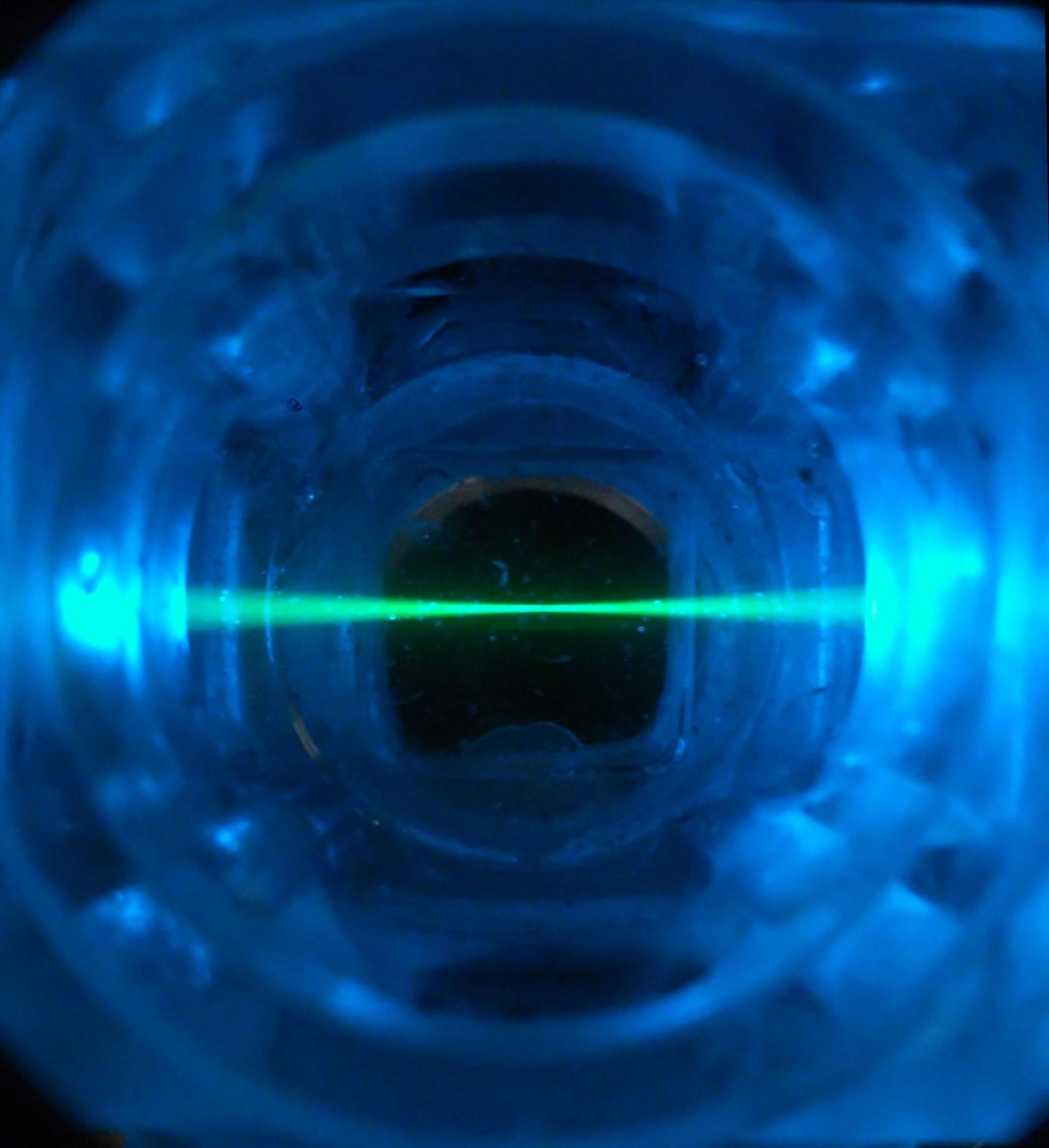
Symposia:
Students will attend annual symposia where they will present and discuss their work with their cohort as well as principal investigators in the network, members of the scientific advisory board, and a wider community of scientists in the field. Symposia will be held between 2021 and 2023.
Each event will promote the exchange of data and ideas, foster collaborations and broaden career opportunities. In their year of graduation (2023), the ZENITH students will take charge of the organisation of the final symposium and share their achievements with a broad community of invited neuroscientists!
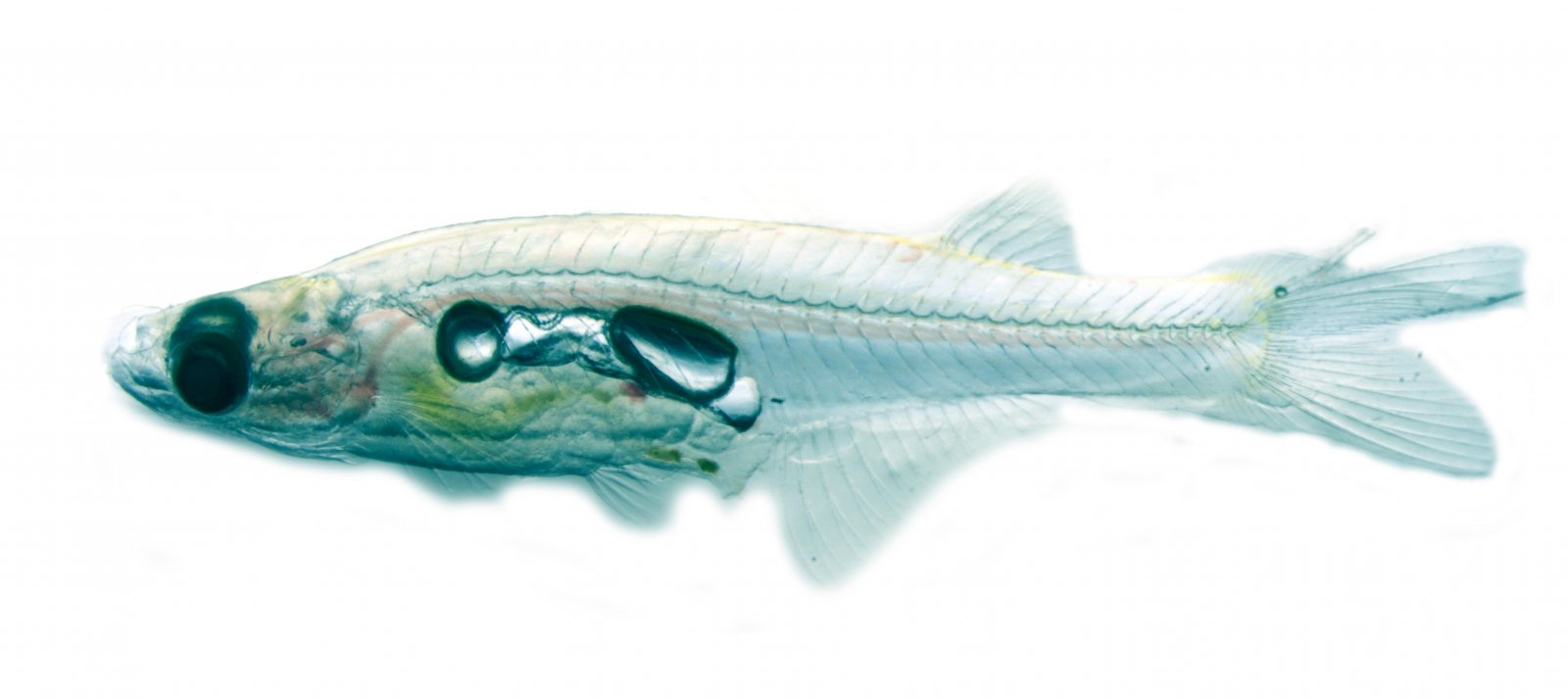
Training of graduate students in workshops will be coordinated by Claire Wyart with all principal investigators of the network: Valentina Emiliani, Volker Bormuth, Benjamin Judkewitz for optics, Isaac Bianco, Manuel Irimia, Dave Lyons, Filippo Del Bene, Javier Terrente for genetics and neuroanatomical techniques, Ruben Portugues, Mike Orger, Elena Dreosti for behaviour and data analysis, Moritz Grosse-Wentrup for computational neuroscience.